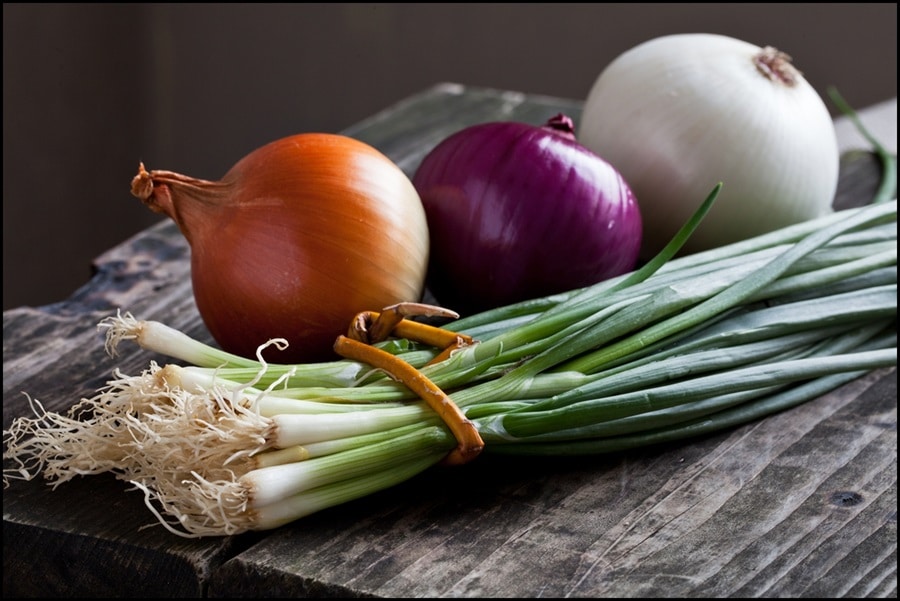In today’s fast-paced world, inflammation is a common issue many face. Chronic inflammation can contribute to various health problems like arthritis, diabetes, and even heart disease. Traditionally, over-the-counter medications have been the go-to solution for inflammation relief. However, long-term use of such medications can lead to unwanted side effects. A natural alternative is incorporating herbs and spices into daily routines, which adds flavor to life and helps combat inflammation effectively. This article explores seven herbs and spices with promising anti-inflammatory properties, offering a holistic approach to health and wellness.
Contents
Turmeric – The Golden Spice

Turmeric, often called the golden spice, is a staple in Asian cuisine and has been used in traditional medicine for thousands of years. Its vibrant yellow color comes from curcumin, the active ingredient responsible for its anti-inflammatory properties. Curcumin inhibits the enzymes that mediate inflammatory processes, making it a natural choice for those looking to manage inflammation.
The versatility of turmeric makes it easy to incorporate into a daily routine. The options are endless, whether used in curry, a smoothie, or topical paste. It’s crucial to pair turmeric with black pepper, as the piperine in black pepper enhances curcumin absorption by up to 2000%. However, as with any natural remedy, it’s essential to consult healthcare professionals for personalized advice, especially if one is already on medication for chronic conditions.
Ginger – More Than Just a Kitchen Staple

Ginger is a rhizome that has found its way into various cuisines and traditional medicine systems globally. The anti-inflammatory properties of ginger are primarily due to its rich content of gingerols and shogaols, compounds that have been shown to inhibit the production of inflammation-inducing enzymes. This makes ginger a compelling option for natural inflammation management.
Incorporating ginger into one’s diet is remarkably simple. It can be sliced into stir-fries, steeped to make ginger tea, or even juiced for a potent health boost. Ginger supplements are also available for those who find the taste too strong. However, it’s worth mentioning that high doses of ginger might lead to gastrointestinal discomfort and can interact with certain medications like blood thinners.
Cinnamon – Not Just for Desserts

Often relegated to the realm of desserts and holiday drinks, cinnamon is a spice that offers far more than a pleasant aroma. It contains a compound called cinnamaldehyde, which has potent anti-inflammatory properties. Cinnamaldehyde works by inhibiting the activation of certain inflammatory pathways, thus reducing the symptoms of inflammation.
The beauty of cinnamon is its versatility in both sweet and savory dishes. A sprinkle of ground cinnamon can elevate oatmeal, be used as a rub for meats, or even be added to soups for a unique twist. It’s important to note that there are two types of cinnamon: Cassia and Ceylon. While Cassia is more common, Ceylon cinnamon is considered ” true ” and has a milder flavor. As always, moderation is key, as excessive consumption can lead to health issues like liver damage.
Rosemary – The Aromatic Healer

Rosemary is more than just an aromatic herb used for cooking; it’s a potent anti-inflammatory agent. The key components of rosemary, such as rosmarinic acid and carnosic acid, contribute to its anti-inflammatory properties. These compounds help inhibit the release of pro-inflammatory cytokines, which are proteins that propagate inflammation.
To harness the benefits of rosemary, consider adding fresh sprigs to roast meats or vegetables. The herb also pairs well with olive oil for a flavorful yet healthful salad dressing. Like other herbs, rosemary is available in supplement form, but caution should be exercised as it can interact with certain medications like blood thinners and diuretics.
Cayenne Pepper – Spice Up Your Health

Known for its fiery kick, cayenne pepper is also a potent anti-inflammatory agent. The active ingredient responsible for both its heat and health benefits is capsaicin. Capsaicin works by inhibiting the production of a neuropeptide associated with inflammatory processes, offering a natural way to mitigate inflammation.
Cayenne pepper can be used in various culinary applications, from spicing up a bowl of chili to serving as a key ingredient in hot sauces. However, starting with small amounts is essential to gauge tolerance, as excessive consumption can cause gastrointestinal discomfort. Additionally, those with sensitive skin should be cautious when handling cayenne pepper, as it can irritate the skin.
Cloves – Small but Mighty

Cloves may be small, but they pack a significant anti-inflammatory punch thanks to their active component, eugenol. Eugenol has been shown to inhibit the activity of enzymes that promote inflammation, making cloves a beneficial addition to any anti-inflammatory regimen.
Using cloves in the kitchen is easy. They can be added whole to stews and sauces or used in ground form to spice baked goods and beverages. Despite their benefits, it’s essential to use cloves sparingly, as they are potent and can dominate the flavor of a dish. As with other herbs and spices, consult a healthcare provider if you’re taking medications like blood thinners, as there can be interactions.
Black Pepper – The Everyday Spice

Black pepper is more than just a tableside condiment; it’s a spice rich in anti-inflammatory properties. Its active component, piperine, effectively reduces inflammation and enhances the bioavailability of other anti-inflammatory spices like turmeric.
While black pepper is commonly used in various dishes, its anti-inflammatory effects can be maximized when used with other spices on this list. A simple sprinkle can boost not just the flavor of a meal but also its health benefits. However, moderation is essential, as excessive consumption can lead to gastrointestinal issues.
The Bottom Line
Dealing with inflammation doesn’t have to mean a lifetime of over-the-counter medications and their associated risks. Nature offers a wealth of herbs and spices with proven anti-inflammatory properties. Incorporating these natural ingredients into daily meals enhances flavor and contributes to a holistic approach to managing inflammation. While these herbs and spices can offer substantial benefits, it’s crucial to consult healthcare professionals for a personalized treatment plan, especially for those dealing with chronic conditions. Opt for a more natural path to health and wellness; your body will thank you.


